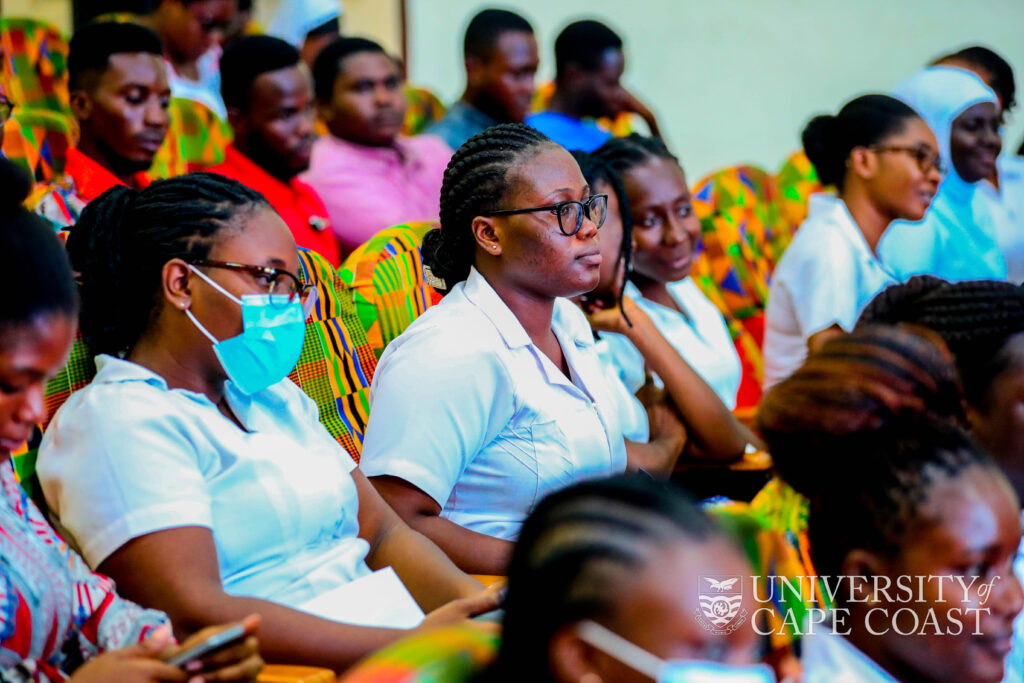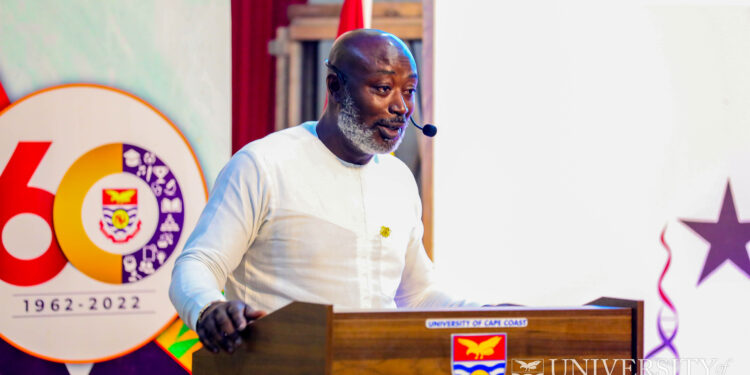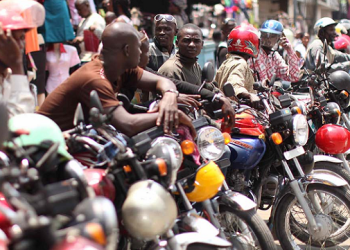The Director of the Ghana Genome (GhGenome) project and of the West African Genetic Medical Centre (WAGMAC), Professor Solomon Ofori-Acquah is advocating for the building of human capacity in Ghana to help with a better understanding of the health conditions which affect children in the country.
According to him, “Every year there are children born in this country with diseases we don’t understand. Every year kids are diagnosed with leukaemia and we don’t have the capacity to fully diagnose it.”
“There is a large burden of undiagnosed diseases in Ghana majority of which are genetic. There is widespread low genetic information that makes somebody jump to conclusions. These are problematic.”
Thus, he indicates that “It is our job as academic institutions to develop the human capacity and the public knowledge, the public education to get into this”-to better decode the conditions some children are born with and fully diagnose the genetic basis of the diseases which mostly affect them at the early stages of their lives.
Professor Ofori-Acquah was speaking at the GhGenome Public Lecture Series which is part of the activities for the University of Cape Coast’s 60th Anniversary celebration and was in conjunction with the GhGenome project.

Read also: 100 women benefit from CNC’s marketable skills programme in Cape Coast
The Ghana Genome project is an initiative of the West African Genetic Medical Centre (WAGMAC), which is one of the African Centre for Higher Education based at the University of Ghana.
The project is aimed at educating the Ghanaian population about the importance of genetics in health, well-being and diseases.
Activities scheduled for this year in relation to the project include nationwide public lectures at the five Public Universities with a Medical School, a free screening of genetic diseases such as sickle cell, breast and prostate cancers and sequencing of the DNA of 1000 Ghanaian children with severe genetic disorders, amongst others.
Professor Ofori-Acquah, therefore, stressed the need for Ghanaians to contribute to the success of the project.
Meanwhile, he revealed that in order to raise funds, the West African Genetic Medical Centre has and is still engaged still engaging corporate Ghana “and so far, the response has been good.”
He says the Centre hopes to raise funds locally for the project.
“We shouldn’t let foreign agencies fund the decoding of our Ghanaian genome. They can help but if the GhGenome sequencing is entirely from research funds from the US, that will not be cool,” he added.
Source: Rosemond Asmah/ATLFMNEWS


























